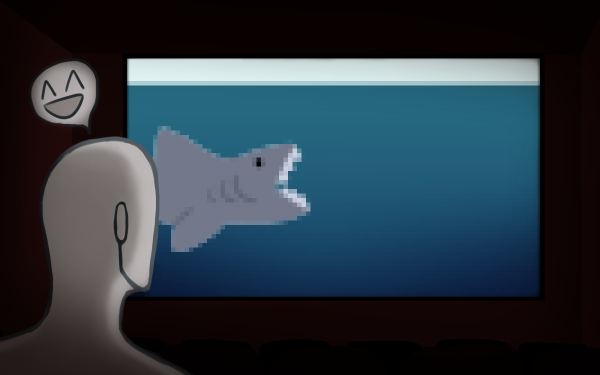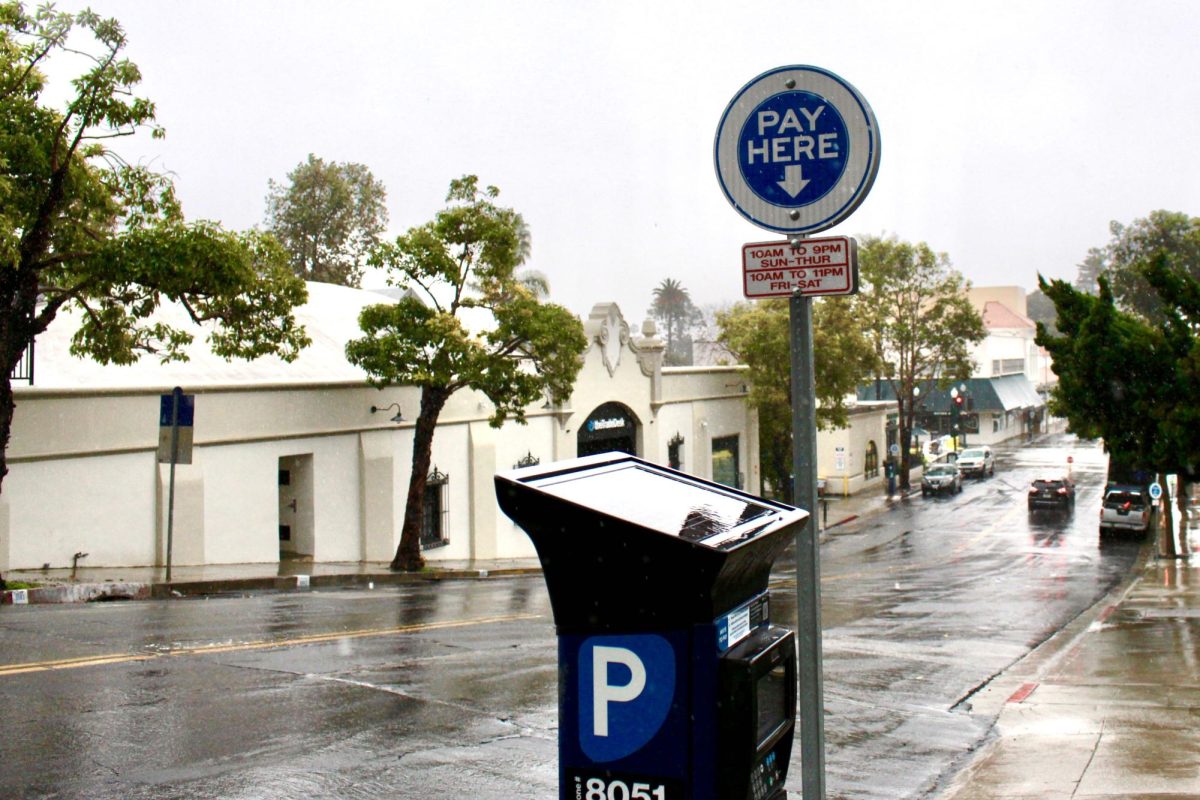On November 19, 2017, a guest editorial appeared in the Ventura County Star with “Put security above fear or politics” gracing the headline. Despite this preaching, the article attempts to strike fear in the reader by featuring an image of the World Trade Center under attack. I would be lying if I promised to spare you the details, as the piece in question is entirely devoid of them. The author advocates the renewal of 2008’s Section 702 of the Foreign Intelligence Surveillance Act, a wish that was granted by the Senate. The National Security Agency (NSA) can continue business as usual—warrantlessly obtaining communications between Americans and foreign targets. Sixty senators, many of them Democrats, approved of stripping away Americans’ right to privacy and concentrating superfluous power into the hands of a few, including a president that the same Democrats bemoan as a Stalinesque dictator.
The assumption that civil liberty advocates like myself are fear-mongers is true only to the contrary. The aftermath of 9/11 spiraled into ubiquitous fear used to justify Section 702 today. However, the then much needed state-security apparatus to ensure America’s freedom from the erratic threat of global Jihad was already active seven months prior to Sep. 11. *Spoiler* It was unsuccessful.
Fast forward to the Boston Bombings in 2013 and the same security apparatus that can identify people by the sound of their voices failed to stop DzHokhar and Tamerlan Tsarnaev from injuring several hundreds of people. Russian intelligence warned of the culprits beforehand, whom existed in court charges, welfare records and even downloaded the plans for the bombs used from the internet.
Analysis of terrorism cases post-2001 conclude that the NSA’s bulk collection of metadata (phone calls, messages, emails, etc.) was “inessential” in preventing attacks. Community tips proved more effective. Bush’s Stellar Wind surveillance program returned few useful leads, packaged among a litany of anonymous tips that field officers frustratingly called “garbage.”
If there’s anything that the NSA has proven it can be, it’s irresponsible. Over the course of the past decade, nefarious NSA surveillance activities have drawn litigation, mandating the agency to preserve data acquired until further notice. After earnestly reassuring the courts that all was in good hands, the intercepted communications were discovered to be erased.
The interlocking pieces of the program thrive on ambiguity. My cited analyses admittedly don’t display the whole picture, only because the majority of cases are hidden by the NSA itself. The domestic spying implications of 2001’s Patriot Act, which passed unread by most if not all congressmen who voted for it, were unknown until the Snowden revelations in 2013. Section 702, which was put in place to make the Patriot Act legal by establishing oversight by the Foreign Intelligence Surveillance Court (FISC), is more flawed than any of the last two administrations would like you to believe.
On the surface, Section 702 targets foreigners believed to be plotting against America. However, the NSA is still guaranteed the ability to view Americans’ communications, absent of probable cause or individualized suspicion. It’s acceptable so long as the “intent” is the targeted foreigner, based solely on the presumption that the target is outside the United States.
Not to forget, metadata is collected regardless through data collection programs PRISM and UpStream. The FBI shares metadata with the NSA and can help circumvent the target approval process, relegating the importance of FISC. Information can be selectively used to indict political opponents and discourage whistleblowers. These may be “what ifs,” but so are the scenarios imagined by people who believe that without Section 702, western civilization will cease to exist. A peculiar concern when the original purpose, according to Bush Administration officials, was to target citizens.
As the supreme law of the land,the Constitution can be incredibly convenient when it’s on your side. As a living document, it can also be amended. Nevertheless, the Fourth Amendment, which protects from unreasonable search and seizure, should be there to stay. A renewed surveillance state, Section 702 in particular, must be relinquished or heavily reformed as to not encroach upon our liberties.



















